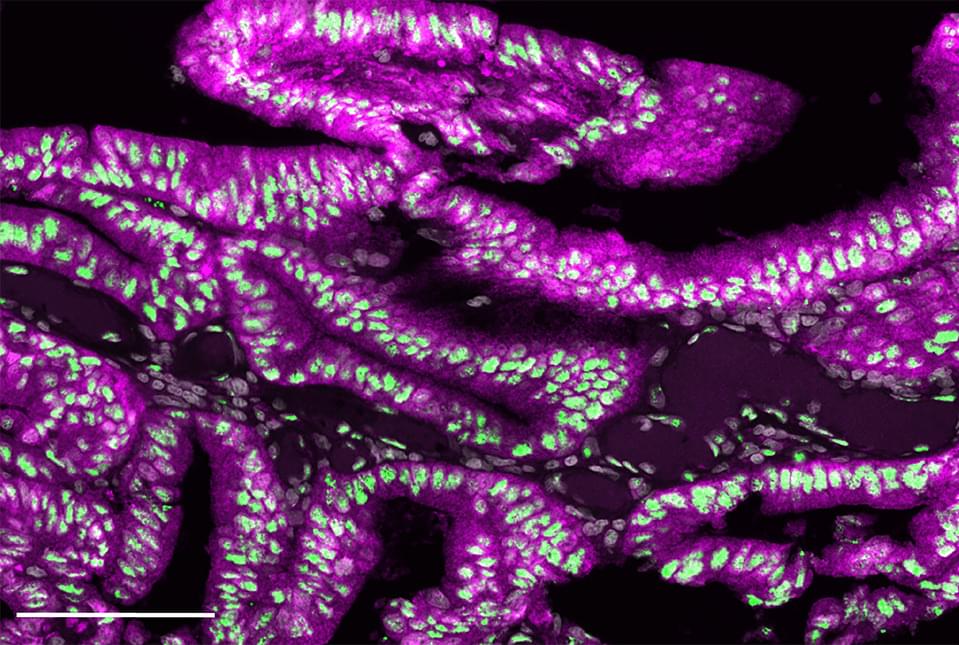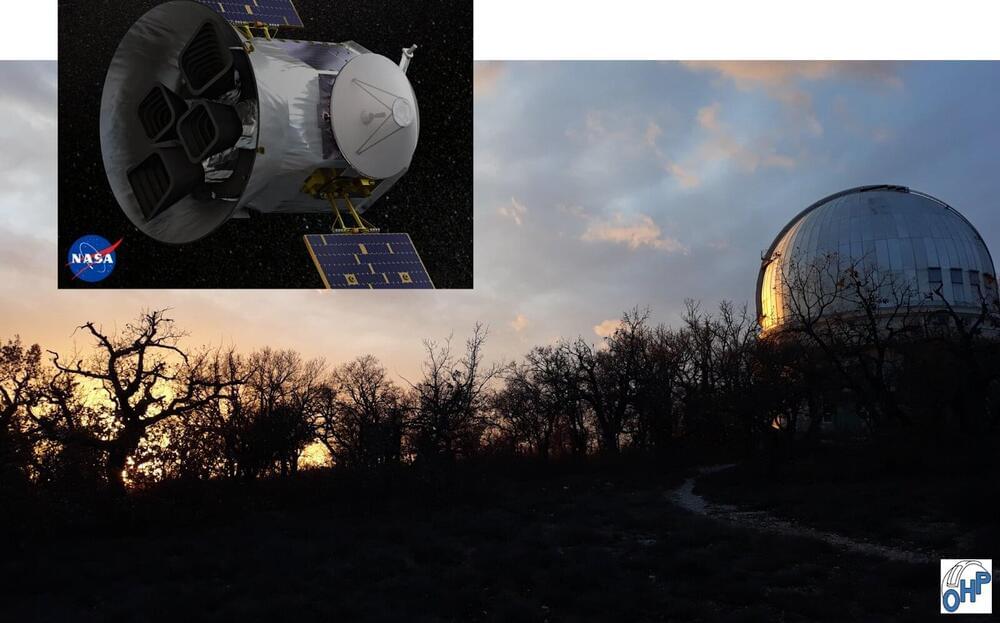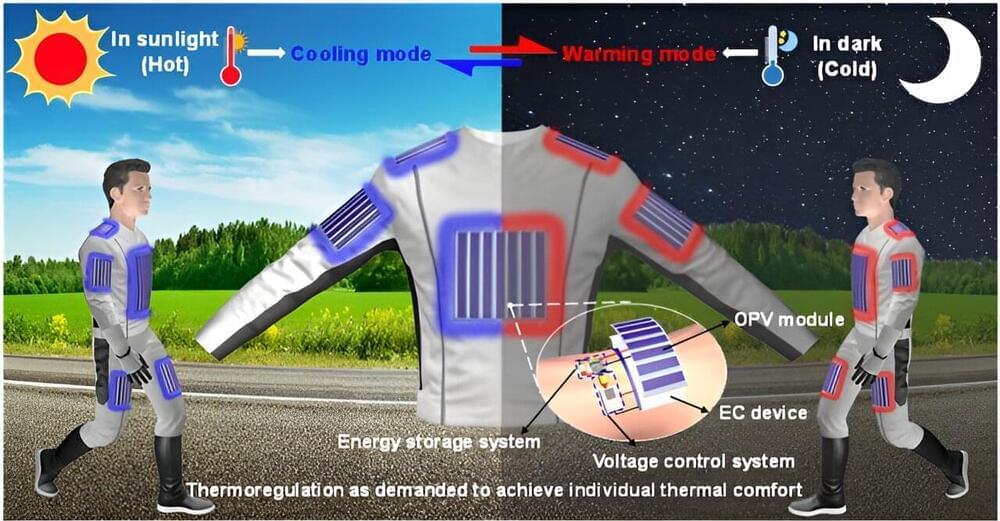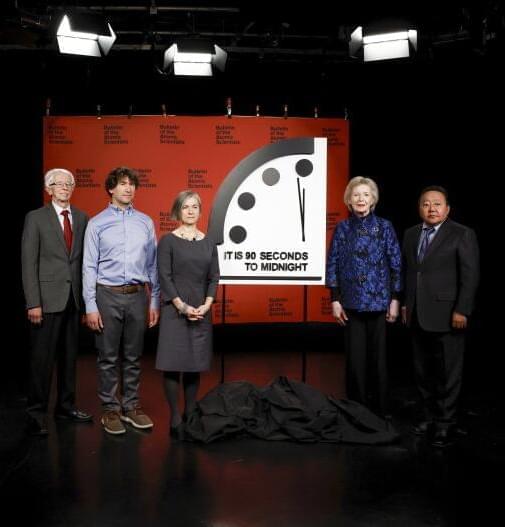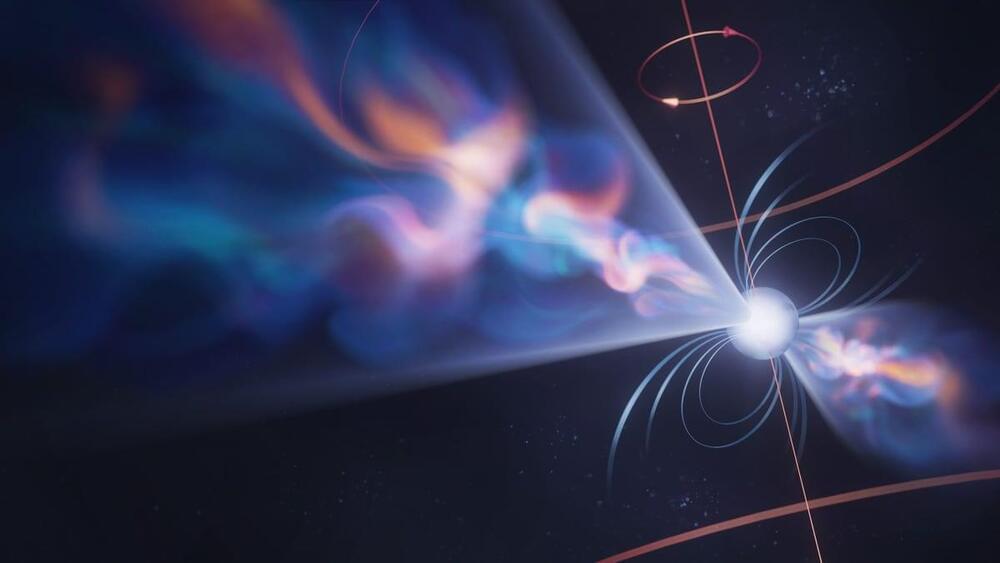Hard-to-detect colorectal pre-cancerous lesions known as serrated polyps, and the aggressive tumors that develop from them, depend heavily on the ramped-up production of cholesterol, according to a preclinical study from researchers at Weill Cornell Medicine. The finding points to the possibility of using cholesterol-lowering drugs to prevent or treat such tumors.
In the study, published Oct. 13 in Nature Communications, the researchers analyzed mice that develop serrated polyps and tumors, detailing the chain of molecular events in these tissues that leads to increased cholesterol production.
They confirmed their findings in analyses of human serrated polyps and tumors, and showed in mouse models that replicate the human cancer that blocking cholesterol production prevented the progression of these types of intestinal tumors.
